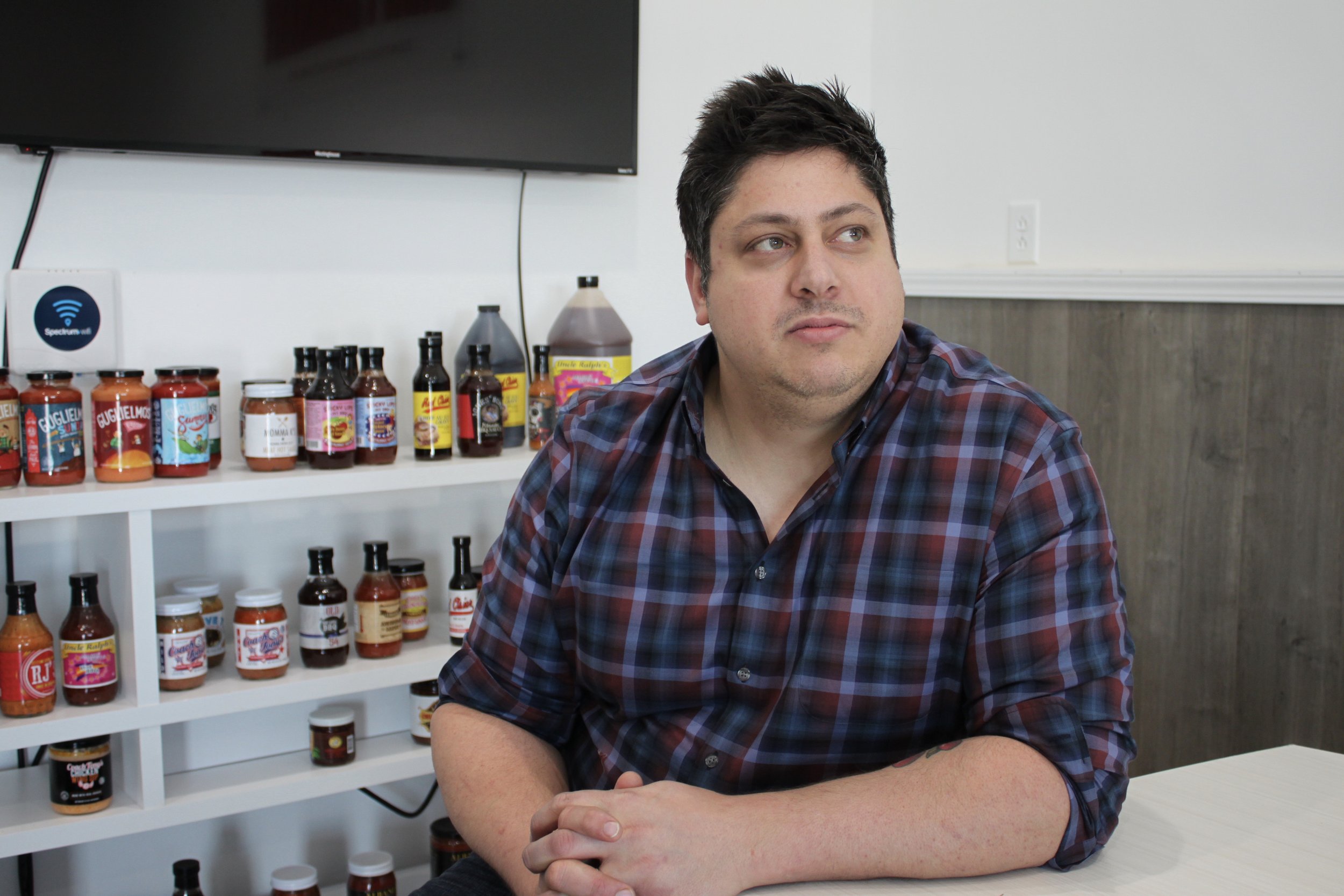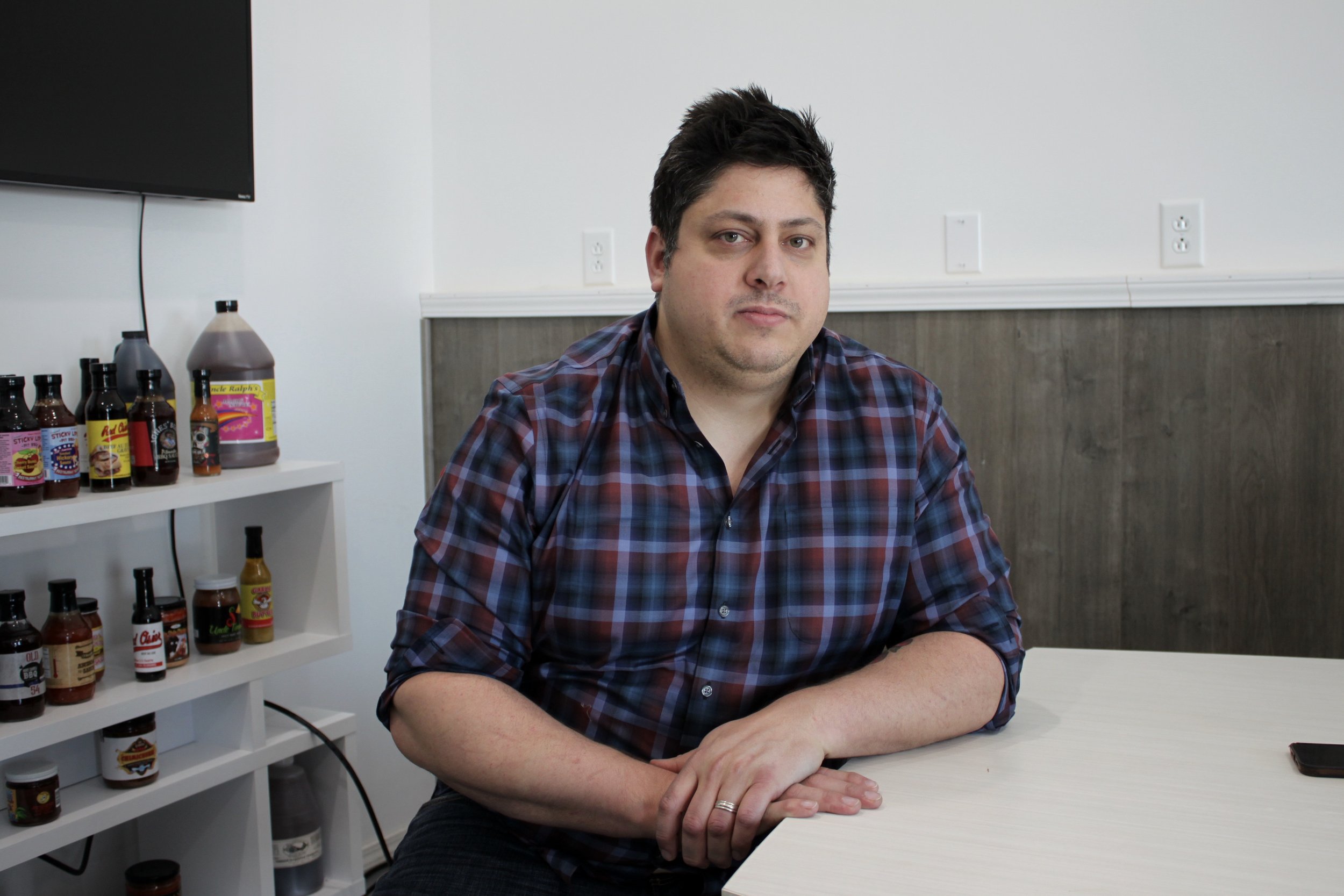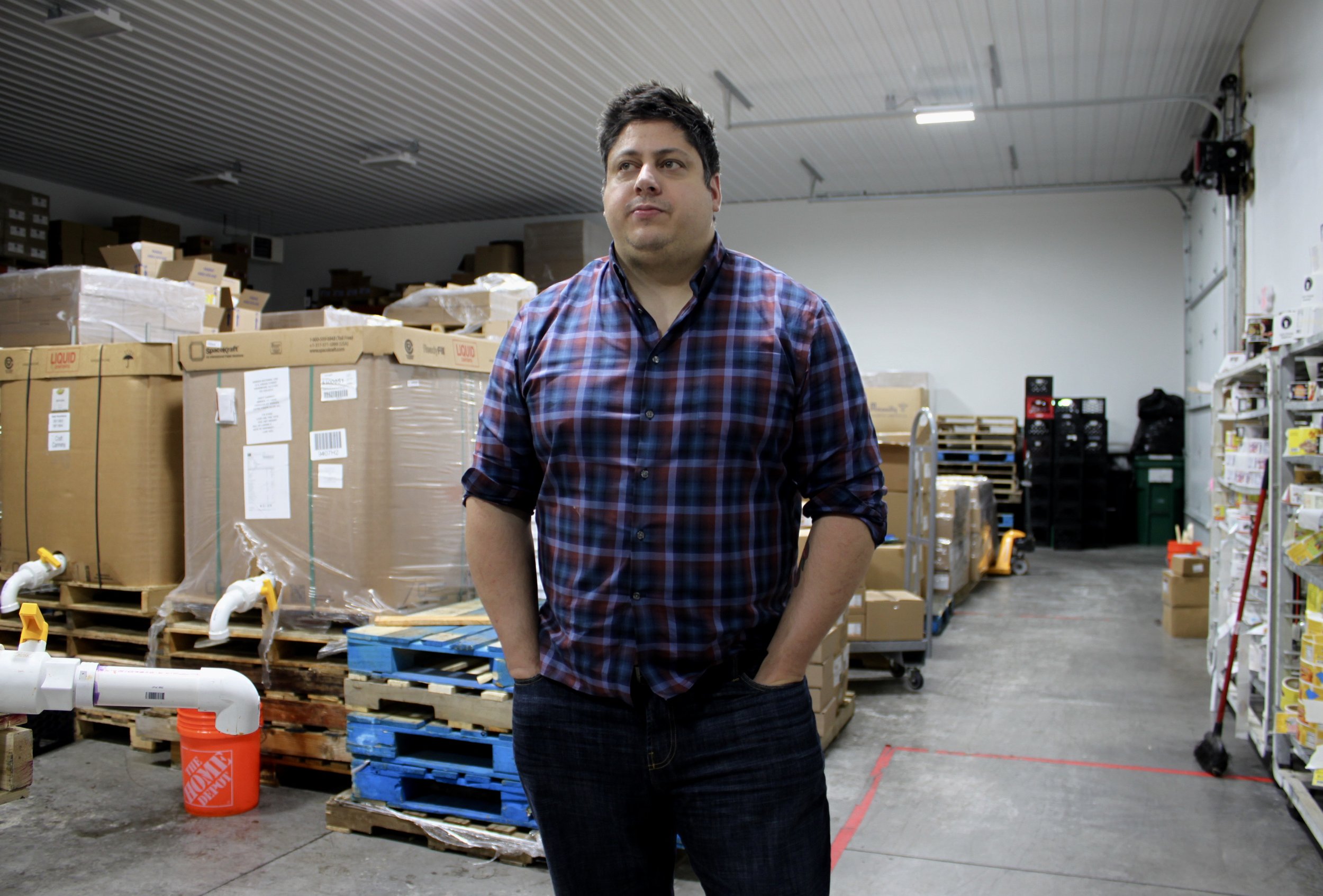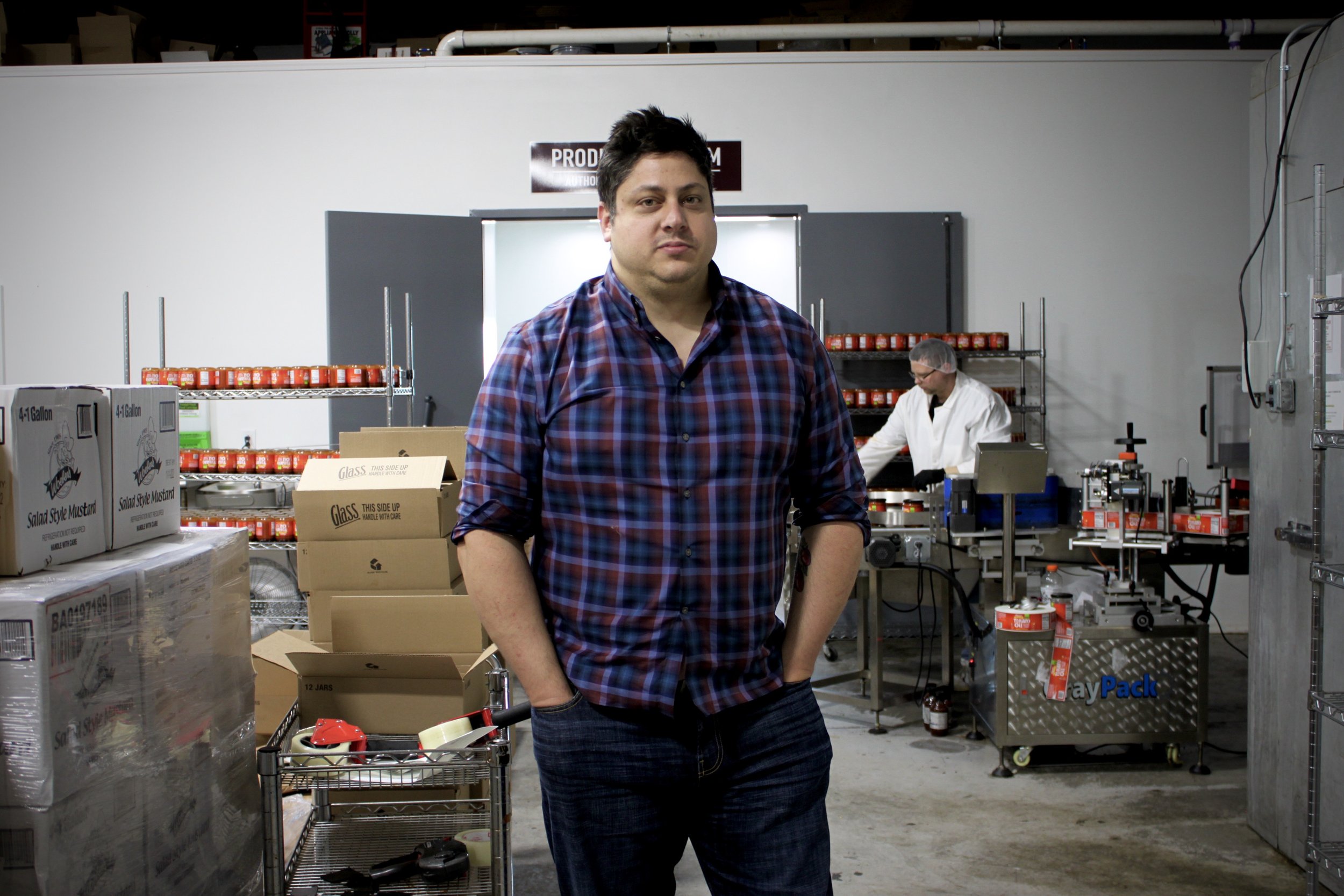Paul Guglielmo
“I'm in recovery because I've gone from not knowing what was wrong with me, to at least knowing. Now that I know, I can try to heal. How's that going? Good, some days. Bad, on others.”
NAMI: Have you ever had any mental health struggles? Do you live with a diagnosis?
PG: I'm in therapy for what I originally thought was an addiction to food, but I am in the process of learning it has more to do with how I cope with my real addiction – which is growth-related stress. I have been diagnosed as having high anxiety, and have even taken prescriptions at times to deal with that. This experience is the crux of the single hardest thing about my life. I work to achieve the high I get from feeding the addiction that culminates in me relieving stress through eating, which is very unhealthy. I can't find a way out.
NAMI: How have you healed and grown from your experiences? If you consider yourself in recovery from something, what does recovery mean to you?
PG: I'm in recovery because I've gone from not knowing what was wrong with me, to at least knowing. Now that I know, I can try to heal. How's that going? Good, some days. Bad, on others.
NAMI What forms of mental health-related stigma have you observed or run into personally? How do you combat stigma?
PG: This one is my favorite – when people tell me to "just don't" when it comes to eating something unhealthy or working long hours. When their literal proposed solution is "just don't.” OMG I want to scream when I hear that. I often get very specific if I decide to engage them with it.
NAMI: You used to work in radio. The entertainment industry is not always the most supportive atmosphere when it comes to mental health, and yet mental health struggles and substance use disorder are rampant. Was this your experience? Did you feel like mental health was something that was supported and discussed in a positive light — or stigmatized and used as a punchline?
PG: Totally. Being fat was a punchline, and I contributed to it. Also, childish insults were normal, and temper tantrums were rewarded. It was not a good place for someone trying to find mental wellness. I had to get out.
NAMI: You’re a busy guy. You run your own business, a podcast, and have a family. How do you balance it all? What forms of self-care do you practice?
PG: Here's the ugly truth – I don't balance it all. Okay, okay, some days are better than others. Some days, I can work, get home, have family time, and be healthy and get a good night sleep. Other days, I'm at work at 5:30 a.m. and home at 10 p.m. I miss seeing my three-year-old on those days. I'm very much in this struggle right now and having wins and losses weekly on it. My self-care is listening to podcasts. That's how I relax. I listen to a podcast – sometimes they are serious news or entrepreneur-related podcasts. Other times, they are silly comedy, true crime or celebrity interviews.
NAMI: As the head of Guglielmo Sauce, how do you support/prioritize employee mental health in the workplace? Is there anything specific or unique that you’ve done to create an emotionally safe and supportive workplace?
PG: I don't know how good of a job I do, because the one problem with being boss is that you're always wondering if they're being honest with you. But I do check in with my employees. Every. Single. Day. There are only nine of us, so it's not that difficult to reach everyone every day (this would be much harder for employers with many more employees). I flat out check in at least once per day with every single person, and I ask them how they are at home, how they are at work, and what I can do to help them today.




